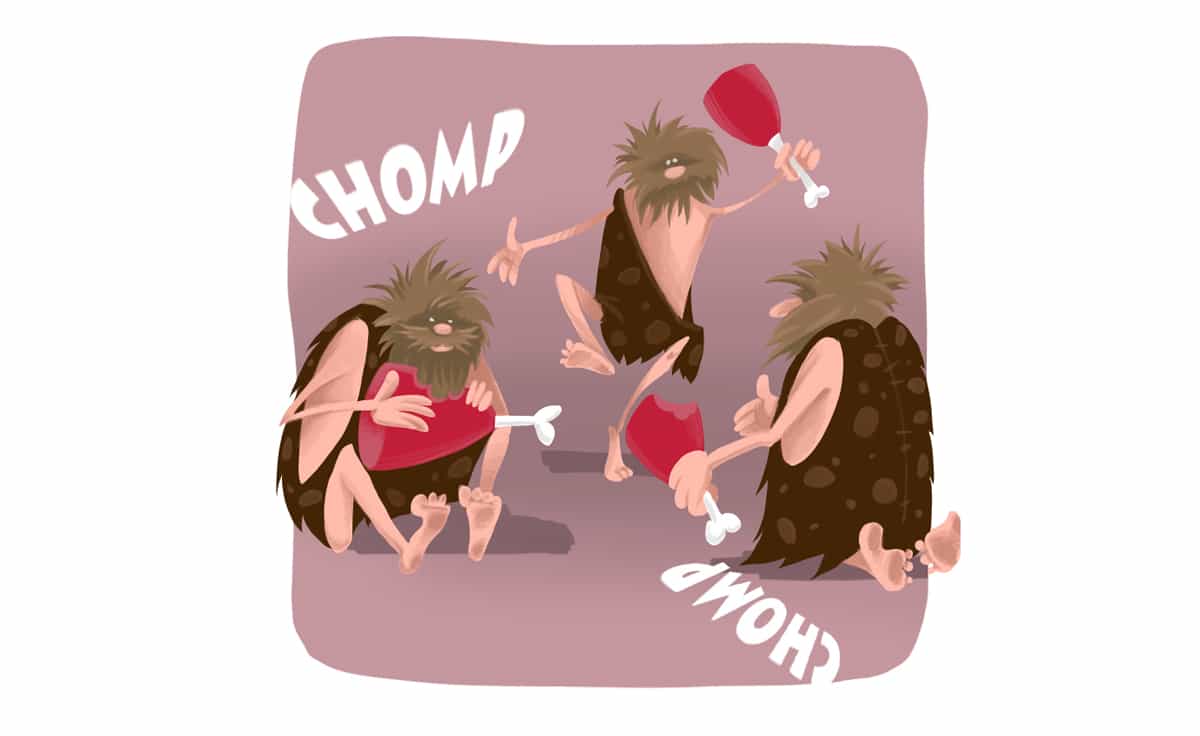Did you ever roll your eyes as a kid when your parents told you that playing sports “built character”?
Well, your parents were probably right, but you don’t have to play a team sport to learn something from your workouts. Anything that challenges you is an opportunity to learn – here are 6 lessons that you can take from the gym and apply to your diet, even if you're only competing against yourself.
1. Something always Beats Nothing.
You wanted to do a 30-minute run today. But you’re on a tight schedule and you lost 10 minutes of that time because you misplaced your running shoes and had hunt them down. Which of the following is the better response?
- Go for a 20-minute run in the time you have left.
- Stay home and beat yourself up for being disorganized.
A, obviously. When you quantify it like that, it’s so easy to see that 20 minutes of running is better than 0 minutes. If nothing else, it keeps you on a roll of doing at least something regularly, so you stay in the habit of putting on your shoes and heading out for a run, and habit is the backbone of long-term lifestyle change.
Exactly the same thing applies to diet. Even a small improvement is better than no improvement, and one small slip-up doesn’t mean the day is “ruined.” Even though it’s harder to quantify “eating well,” doing whatever you can is better than not doing it – even if it’s just drinking water with your Big Mac instead of Coke.
2. Focus your Energy where it Counts the Most
Most people have limited time and energy to spend in the gym – we can’t do every single exercise that could possibly be good. The key is to

prioritize – focus on the exercises that give you the most bang for your buck, so you can get the biggest improvement with the time and energy you have to put in.
If you want to gain muscle mass, doing compound joint movements (like squats and deadlifts) gives you more return for your time than set after set of partial range of motion biceps curls. Hypothetically, if you had unlimited time and recovery capacity, doing biceps curls on top of the squats would make you even stronger than the squats alone, but considering that you don’t have unlimited time, the squats are the movement to prioritize.
The same thing is true of food. Most people have a limited amount of energy to spend on their diet. Focusing on the most important basics (e.g. replacing refined grains with vegetables on your plate, trading sugary sodas for water) will give you a much bigger return for your time than obsessing over every individual micronutrient and tracking your ratio of Omega-3 to Omega-6 fats down to the gram.
Exotic “superfoods” and fine-tuning ratios of one micronutrient to the other are the partial-range of motion biceps curls of food. Theoretically, they might be useful, but you can get 95% of your potential gains without them, and if you have time or energy limits, focus on other things.
3. Stalls are Part of Life and Progress is Not Linear
Some weeks, you won’t be able to bike or swim or run further than you could last week. Some weeks, you won’t be able to lift more than you did last week. You may be stuck at the same level for several weeks, and then suddenly have a breakthrough, or just resume steady progress.
Some weeks, you’ll even go backwards and have to back off a little – and in fact, sometimes you can do this as part of your plan (it’s called a deload week, and you can read about it here).
Health is the same way. Progress isn’t always directly proportional to effort, and your body has its own timeline that you can’t really rush. Weight loss plateaus are one example (they happen; they’ll pass; don’t panic), but you can apply the same principle to any health improvement. If it goes on for too long, it might be time to look for tweaks or changes you could make, but don’t let it make you give up.
4. At the Very Least, Find a Plan you Don’t Hate.
You don’t have to be rapturously in love with every aspect of your workout plan. It’s fine to have some days when you’re not really feeling it; no real human being is super-pumped about their workout every single day. But if every day is a horrible drag, you probably won’t be doing it for long.
The same goes for diet: if you hate it, you won’t keep doing it. And that’s perfectly reasonable – a miserable life is not an acceptable price to pay for health. The whole reason you’re trying to eat well is (presumably) to make your life better, so picking a diet that makes your life awful completely defeats the purpose anyway.
Paleo should be a high-pleasure diet. It doesn’t have to be perfect, but it shouldn’t be awful. Find a version of Paleo that gives you a net gain in pleasure; you deserve it.
5. Imitating Cavemen is Silly.

Even if we definitively knew what kind of movement cavemen engaged in (we don’t), it’s silly to take that and just apply it to modern humans. Exercise is supposed to help prepare you for life. But the physical demands on your body are not the same as the physical demands on a caveman’s body. If you’re preparing for different challenges, why should your workout be exactly the same?
One big example is mobility work. Maybe cavemen didn’t need to do mobility work at all (and they certainly didn’t have lacrosse balls and foam rollers!). But for modern humans who have to live in a world of office chairs and car seats, it can be a life saver. Should we not do that kind of work just because cavemen didn’t do it?
The same thing is true of diet. Maybe cavemen ate a lower-carb diet; maybe they ate higher-carb foods; most likely it varied depending on where they lived. But the important question is what works well for modern humans who have those same genes in a different (more sedentary, more stressful, antibiotic-laden, more polluted) environment? Paleo is about learning from cavemen, not slavishly trying to copy everything they did.
6. There’s no One Right Answer.
Some people are built more for sprinting. Other people are built more for slower, long-distance running. Other people kind of stink at both but they could probably squat a horse. Some people prefer to work out alone; other people couldn’t imagine life without Zumba classes. Some people head outside in all seasons; other people prefer the gym.
There’s no one right way to work out, and no point forcing yourself to do what works for someone else just because it works for them. If running makes you feel vibrant and energized and amazing, run. If it aggravates your old knee injuries and makes you feel achy and awful, don’t run.
Diet is the same way. There’s no One True Way to Paleo. Some people do higher-carb; other people do lower-carb. Some people tolerate dairy; other people don’t. Do what works for you and don’t cram yourself into anyone else’s mold.
Have you ever learned something from your workouts that you applied to another part of your life? What was it? Let us know on Facebook or Twitter!





Leave a Reply